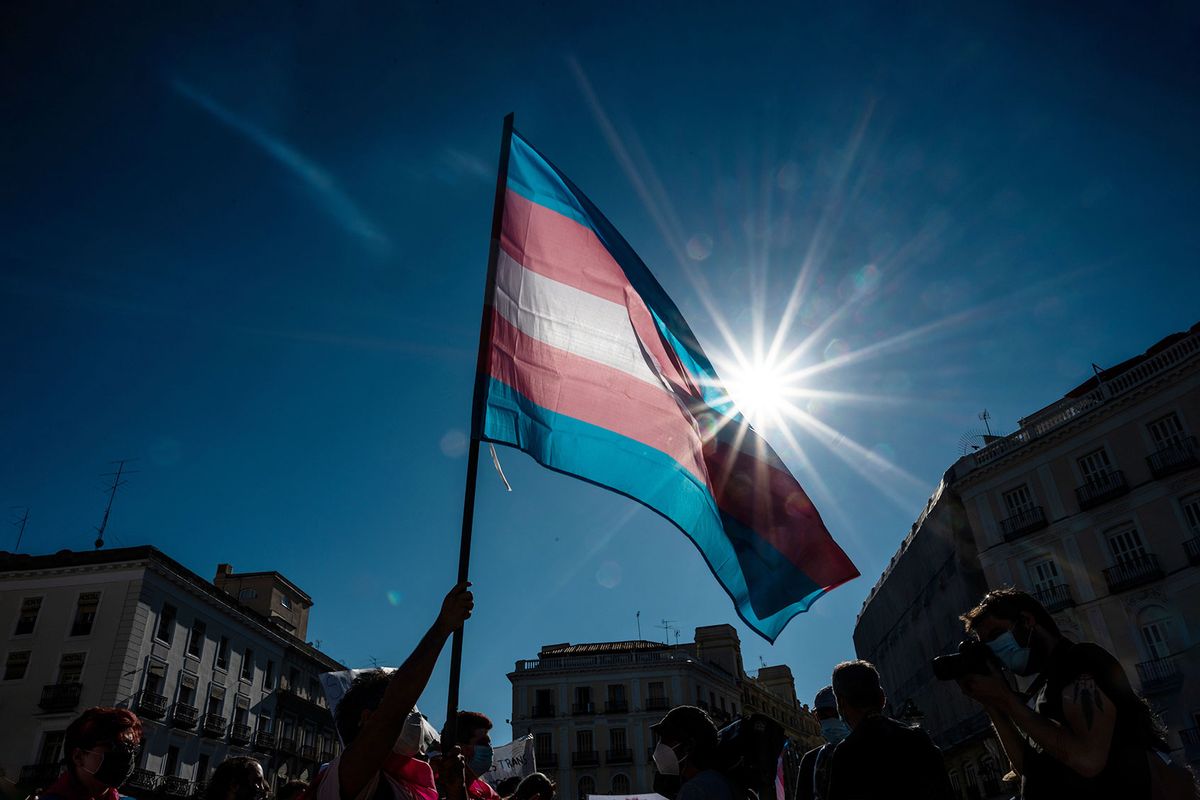Gender-affirming surgery — most commonly breast and chest or "top surgery" — nearly tripled across the country between 2016 and 2019, new research has found. Transgender and nonbinary people sometimes elect for gender-affirming surgery to physically match their body to their gender identity. Some do not elect for surgery, which is just one part of gender-affirming care, a multidisciplinary approach that may include hormone therapy but also things like counseling that helps patients transition from their gender identity assigned at birth to the one they identify with.
Despite hundreds of anti-LGBTQ laws enacted this year across the country, evidence continues to prove time and again that gender-affirming care can save lives, with another recent study showing zero trans and nonbinary individuals surveyed regretted their decision or reversed their affirming procedures.
In this study, published in JAMA Network Open, the authors found most surgeries occurred between the ages of 19 and 30. Overall, more than 48,000 people had at least one gender-affirming surgery in the time period studied, which increased over time. In 2020, the number of procedures done slightly declined, which researchers attribute to the pandemic. Despite the increase in demand for gender-affirming surgeries, some doctors are leaving states like Texas where laws make it more difficult for them to offer care. Patients are also fleeing states amid crackdowns on care.
"These findings suggest that there will be a greater need for clinicians knowledgeable in the care of transgender individuals with the requisite expertise to perform gender-affirming procedures," the authors wrote. "As the use of gender-affirming surgery increases, delivering equitable gender-affirming care in this complex landscape will remain a public health challenge."



Shares